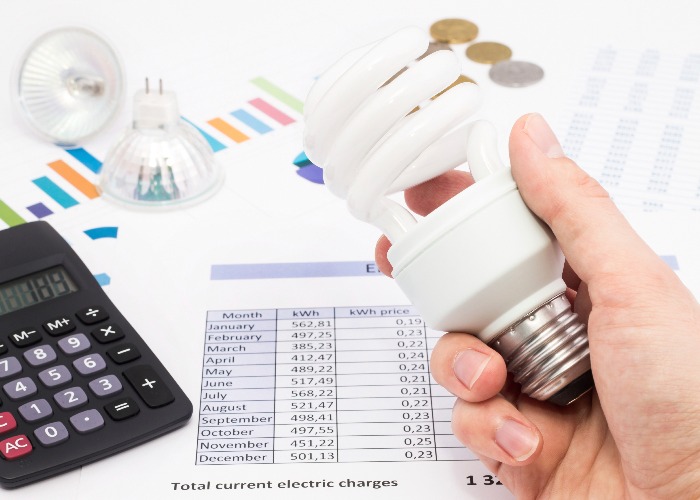Solar battery promises to save you cash: is Ovo SolarStore (Beta) a good deal?

Ovo has launched a solar battery pack offer that it claims could save households £590 a year. We see how it stacks up.
Ovo has become the first energy firm to offer customers a solar battery pack and panel deal.
The OVO SolarStore (Beta) has been launched in conjunction with Nissan and offers customers the chance to install a solar storage battery to store power generated from solar panels.
The battery will stop energy going to waste and allow users to use more of it and sell some back to the grid.
But, with setup fees of over £10,000 is it worth bothering with?
How much could you save?
Ovo claims households could save an average of £590 a year.
That is made up of a £240 saving on the amount of energy you would need to buy from them – the rest of your energy needs would be met by your solar panels and the energy stored from the panels in your battery.
The second save is an estimated £350 based on what Ovo believes the average household would make from selling energy it generates back to the national grid.
“We’re delighted that we can now offer such a compelling incentive to customers who are generating their own clean power, providing a truly sustainable alternative to the traditional energy model,” says Stephen Fitzpatrick, CEO of Ovo.
How much does it all cost?
Here’s the fly in the ointment. OVO SolarStore charges £4,800 for the battery plus £500 installation and £50 for an initial survey. That’s a hefty £5,350.
If you don’t already have solar panels you would also have to fork out for these at a cost of up to £6,000 for a 21sq metre roof, and that doesn’t include installation.
So, you are looking at a total cost of £11,350 plus the cost of installing the solar panels. It would take over 10 years to earn that back through SolarStore, but once you had you could enjoy huge savings on your energy bills.
Electric car owners can take up a different scheme
Nissan and Ovo have also teamed up on another eco scheme, this time aimed specifically at owners of the Nissan Leaf electric car.
The companies claim drivers could save up to £400 a year by letting Ovo feed electricity from the vehicle battery back into the system when it's not being driven.
The “vehicle-to-grid service” is also expected to go on sale next year.
Any other eco options out there?
Ikea offers a battery storage system for £3,000 but you need to already have solar panels or get them installed separately.
Tesla also offers a solar battery storage system called Powerwall costing £5,400. Again, you’ll need to factor in the cost of solar panels separately.
Up next:
Energy savings: standard variable tariff vs cheapest deal at British Gas, SSE and more
Comments
Be the first to comment
Do you want to comment on this article? You need to be signed in for this feature